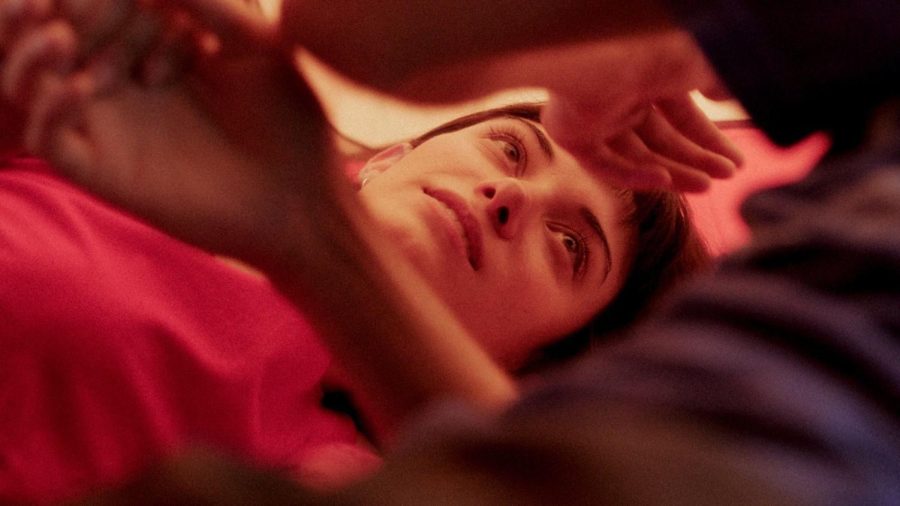Review: ‘Friends and Strangers’ is an artful portrait of awkward Australians
James Vaughan’s directorial debut observes the fumbles of growing into adulthood. “Friends and Strangers” opens this weekend at Metrograph NYC.
Australian film, “Friends and Strangers” follows the lives of Ray (Fergus Wilson) and Alice (Emma Diaz) through the fumbles of growing into adulthood. (Image Courtesy of Grasshopper Film)
February 25, 2022
Apart from “Mad Max: Fury Road,” Australian cinema hasn’t been on the world’s radar since the peak of the Australian New Wave of the 1970s. With his directorial debut, James Vaughan shows the land Down Under has a unique voice and things to say that are of interest to the rest of the world.
Vaughan’s protagonists, Ray (Fergus Wilson) and Alice (Emma Diaz), are two young adults struggling to find their place in the world. The film begins with the two making small talk on the street. The opening sequence’s wide shots set up a visual pattern of framing Ray and Alice in relation to their surroundings. They don’t frame themselves, but are rather awkwardly framed by their environment.
These instances of displacement coincide with interactions with members of the older generation who comment on generational differences. When Ray and Alice go camping, they set up their tent in a park and are asked to move by an older man. There’s no one else there, but he insists they move eventually to the point of interrupting them while they’re awkwardly analyzing their intimacy.
Following their weekend trip, Ray is driving his friend around when his car suddenly breaks down, forcing him to seek the help of his mother. “When will you grow up?,” she asks. “I’m tempted to just leave you here.”
Less plot heavy, this series of interactions is appropriately disconnected, which increases the sense of aimlessness. The story’s lack of direction mirrors that of the characters. Funnily enough, we learn the protagonist is a filmmaker himself when he visits a potential client at the end of the film. Ray and the older man walk through his house, a home so luxurious Ray, in his loose button-up, sticks out. They are interrupted by the neighbors’ music, a problem which takes more time to resolve than it should. Like the rest of the film’s awkward moments, this scene reflects the unbalanced reactions the young people have as they learn to emotionally connect to others.
The climax of the film comes when Ray accidentally punches a hole in his potential client’s basement wall. Ray, having drank with his client, is intoxicated. His relative inexperience and intoxication lead him to once again fumble an interaction, one that no longer impacts solely his private life, but his professional life as well.
Art is hard to achieve when one feels out of place. Vaughan’s debut feature comes eight years after his short film “You Like it, I Love it” screened at Berlinale. It wasn’t until he founded his own production company and made his own space in the art world that he was able to craft a feature which touches on the anxieties of coming into yourself in your twenties.
Contact Sebastian Zufelt at [email protected].























































































































































